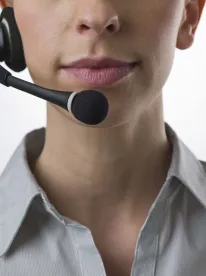Keep up everyone.
Just last week, we updated developments on the TRACED Act (S. 151) in the US Senate and briefly reported on the introduction of another as yet “unnamed” bill (H.R. 1602) in the House of Representatives.
At that time, there was no description or text of the latter. The curtains have now parted and H.R. 1602, submitted by Tennessee Republican David Kustoff, appears to be the House companion to S. 151. In a press release issued Monday, Rep. Kustoff’s summary of his TRACED Act looks very familiar:
-
Broadens the authority of the Federal Communications Commission (FCC) to levy civil penalties of up to US$10,000 per call on people who intentionally flout telemarketing restrictions.
-
Extends the window for the FCC to catch and take civil enforcement action against intentional violations to three years after a robocall is placed. Under current law, the FCC has only one year to do so.
-
Brings together the Department of Justice, FCC, Federal Trade Commission (FTC), Department of Commerce, Department of State, Department of Homeland Security, the Consumer Financial Protection Bureau and other relevant federal agencies, as well as state attorneys general and other non-federal entities, to identify and report to Congress on improving deterrence and criminal prosecution at the federal and state level of robocall scams.
-
Requires voice service providers to adopt call authentication technologies, enabling a telephone carrier to verify that incoming calls are legitimate before they reach consumers’ phones.
- Directs the FCC to initiate a rulemaking to help protect subscribers from receiving unwanted calls or texts from callers.
The Kustoff bill currently has no co-sponsors, but the TRACED Act now resides on both sides of the Capitol, which cannot hurt the chances for congressional action. Stay tuned to see if it gains the same traction as S. 151 did last week.




 />i
/>i

